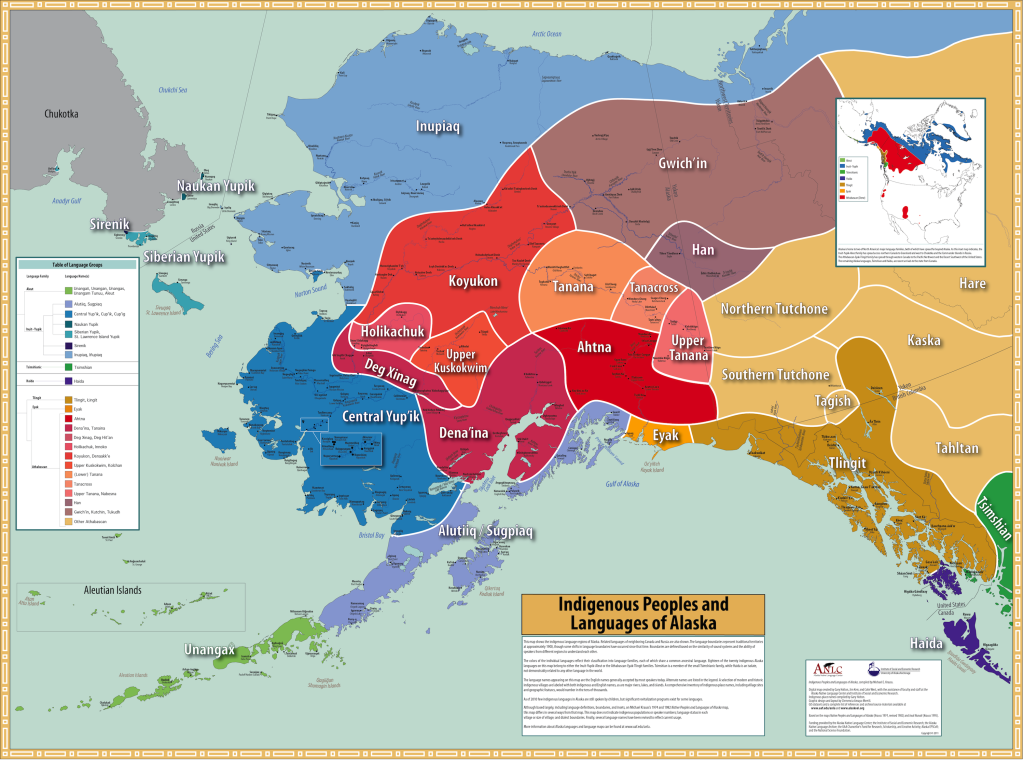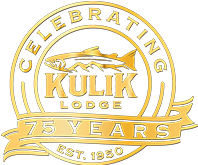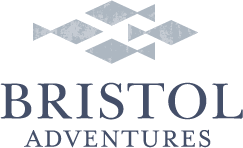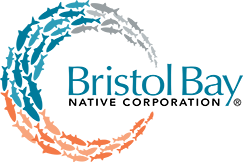At Kulik Lodge, we are proud to be a subsidiary of Bristol Bay Native Corporation (BBNC), an organization dedicated to preserving and enriching the Native way of life in the Bristol Bay region. For thousands of years, the Indigenous peoples of this land have lived in harmony with its rivers, lakes, and landscapes, passing down names that carry deep cultural significance and history.
As part of our commitment to honoring this heritage, we are incorporating the original Native place names of the rivers and locations where we fish on the Kulik Lodge website. These names, spoken by generations before us, reflect the deep knowledge and connection that the Native peoples have with the land. By recognizing and sharing these names, we hope to preserve their meaning, educate visitors, and celebrate the cultural richness of Bristol Bay.
Why Native Place Names Matter
Language is more than just words—it carries the history, traditions, and identity of a people. For centuries, Native Alaskans have named the places they fished, hunted, and lived, drawing from the natural world around them. These names describe the characteristics of the land and water, tell stories, and offer insight into the way Indigenous communities have interacted with the environment.

The three Indigenous languages of Bristol Bay consist of Dena’ina, Yupiaq/Yup’ik, and Alutiiq/Sugpiaq. Each of these languages reflects the unique cultural and environmental relationships of the Native peoples with the land and waters of Bristol Bay. Unfortunately, as Western settlement expanded in Alaska, many original place names were lost or replaced. Today, efforts are being made to restore these names and ensure they remain a part of Bristol Bay’s future. Recognizing these names isn’t just about history—it’s about respecting the people who have called this place home since time immemorial.
- Alutiiq/Sugpiaq: Originally from the ocean-facing side of the Alaska Peninsula, the Alutiiq were skilled kayakers who subsisted largely on fish and sea mammals, which provided food and the materials for clothing, boats, and lamp oil.
- Dena’ina: Living near Iliamna Lake and Lake Clark, the Dena’ina people relied primarily on moose, caribou, and red salmon. They also built canoes made of birch bark, moose hide, and cottonwood.
- Yup’ik/Yupiaq: From the Bay side of the peninsula, the Yup’ik people fished and hunted land mammals, prizing moose and caribou for their meat and skins.
BBNC’s Efforts to Preserve Place Names
Bristol Bay Native Corporation has been actively working on preserving and revitalizing Native place names throughout the region. Their project aims to document, restore, and promote these names, ensuring they are remembered and passed on to future generations.
We encourage you to watch the video below, produced by BBNC, which highlights this important initiative:
Kulik Lodge: A Rich History in Alaska’s Wilderness
Kulik Lodge is not only part of this important cultural preservation effort, but it also holds a unique place in Alaska’s history. As Alaska’s first fly-out fishing lodge, Kulik Lodge has been welcoming anglers to the pristine waters of Bristol Bay for decades. Our legacy is deeply rooted in providing world-class fishing experiences while maintaining a strong commitment to conservation and respect for the land.
Since its founding, Kulik Lodge has served as a gateway to some of the most remote and unspoiled fishing waters in the world. Our guests come here not only to experience unparalleled fishing but also to connect with the rich history and traditions of this extraordinary region. By learning and using these names, we honor the people who have cared for this land for millennia and ensure their legacy continues.
Join Us in Preserving Bristol Bay’s Cultural Heritage
We are grateful to BBNC for leading the way in preserving and revitalizing the Native names of our region. If you’d like to learn more about their mission and efforts, visit BBNC’s website.
Together, we can honor the past, celebrate the present, and protect the future of Bristol Bay’s heritage.



Leave a Reply